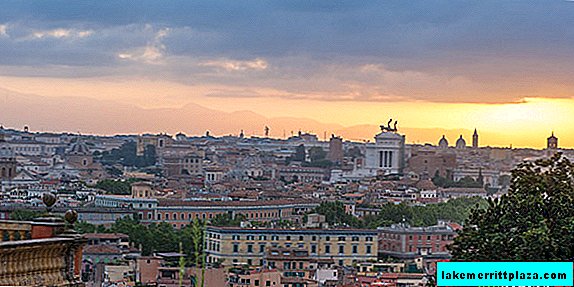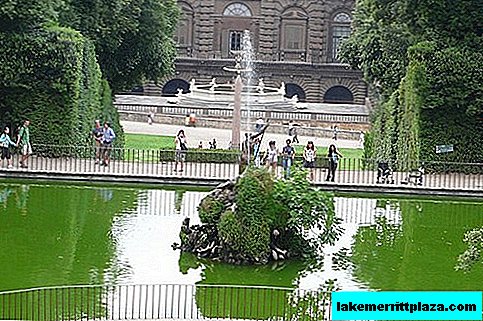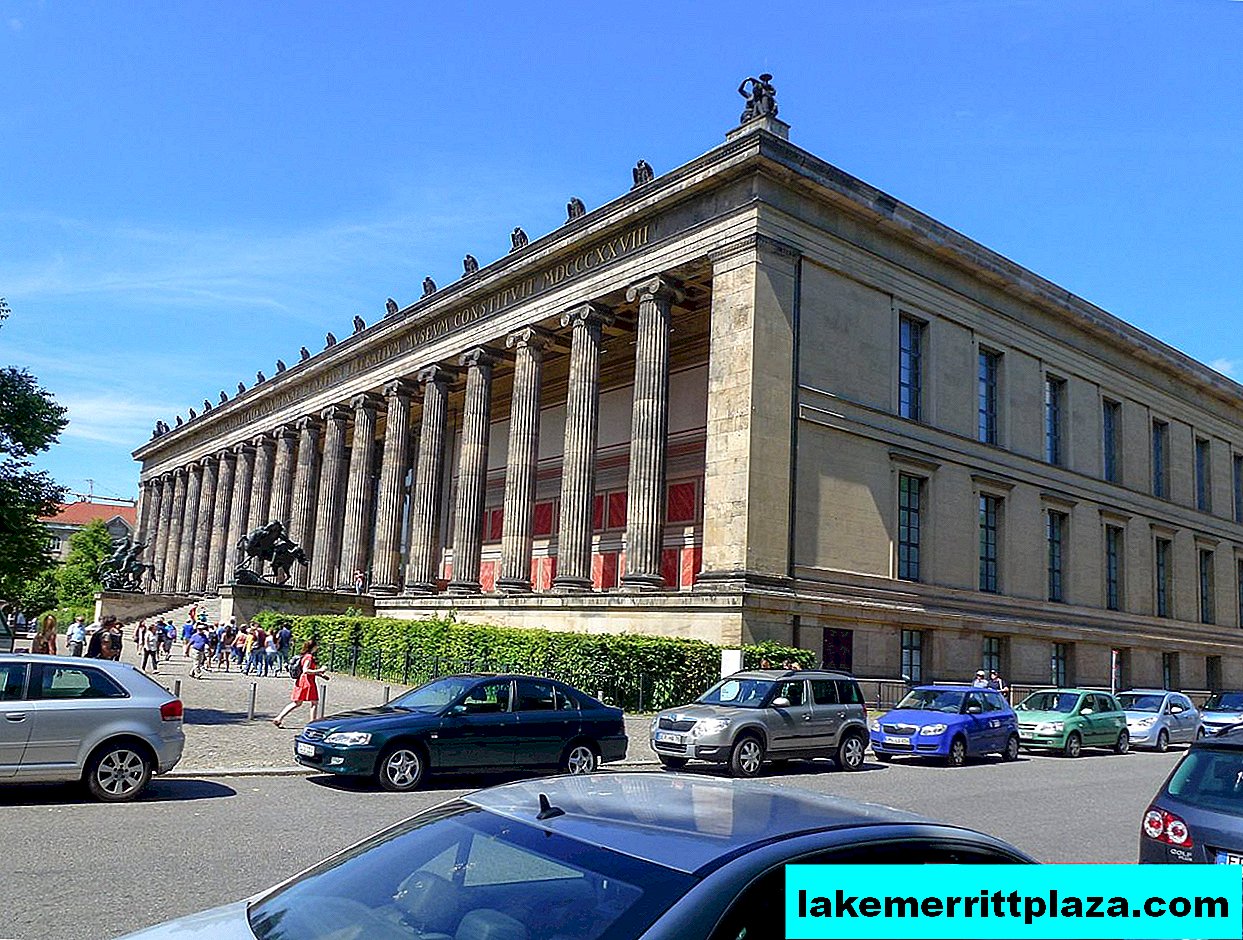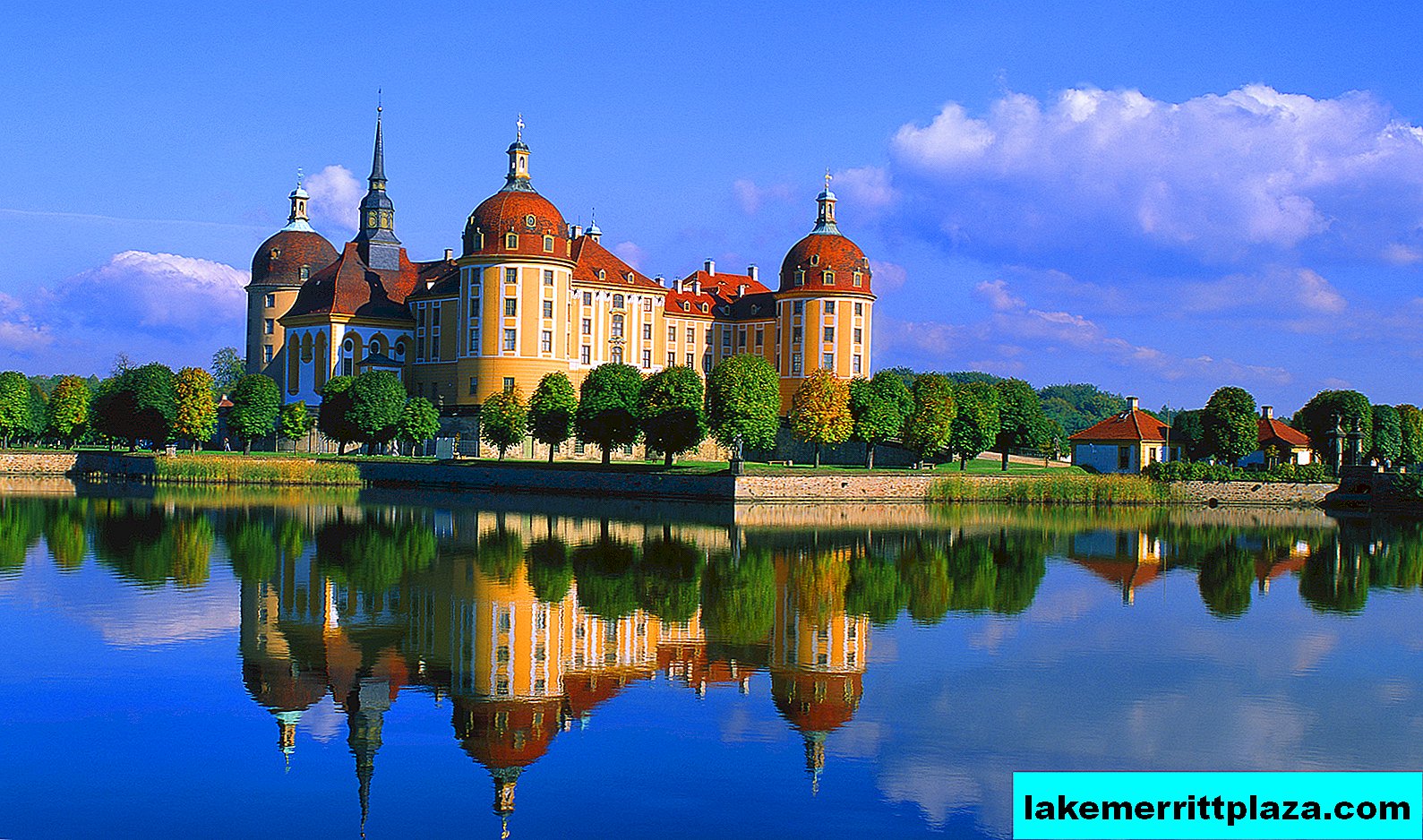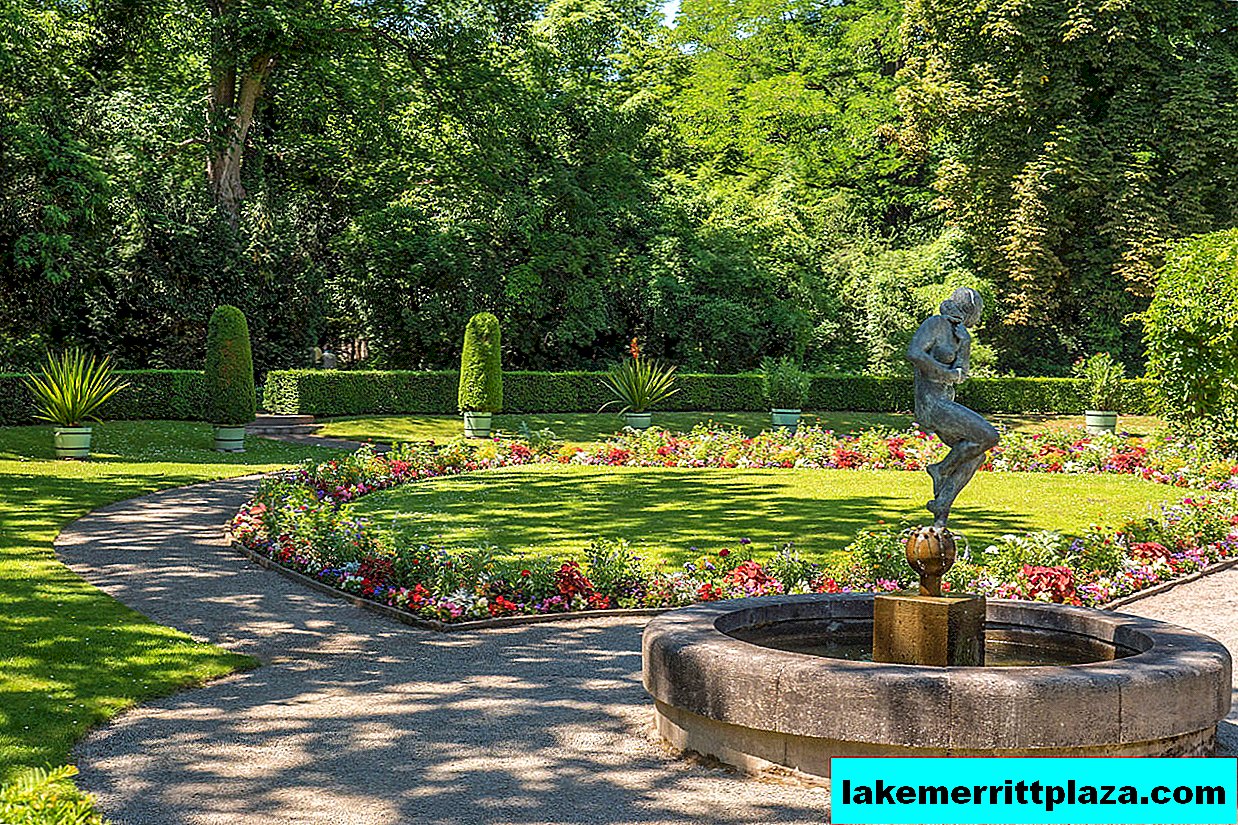Italy's contribution to the world production of olive oil is 25 percent, which allows the country to take second place of honor after no less sunny Spain (more than 45 percent). The 2014 olive harvest has not yet been completed, but liquid gold producers are already calculating losses: the heat and drought this year mercilessly hit the fields of Europe, which negatively affected the cultivation of a valuable product. Experts say that oil prices can skyrocket, but this is unlikely to stop connoisseurs and gourmets from acquiring a bottle of high-quality product.
For a long time, doctors and nutritionists have been repeating in unison about the wonderful properties of olive oil. Everyone knows about the beneficial effect this amazing product has on the body. Scientists are not tired of conducting numerous studies that open up more and more new qualities of oil. So, recently, Italian nutritionists found that it reduces the risk of symptoms of Alzheimer's disease, the minds of French medicine have proved that the use of olive oil improves cognitive function.
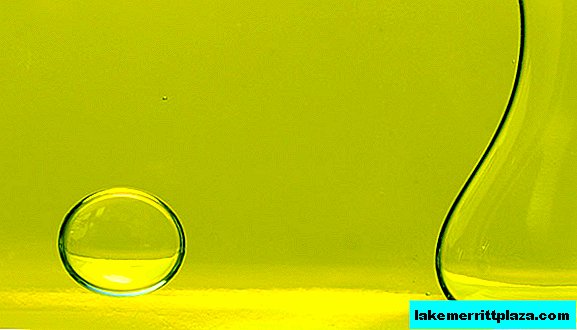
In our opinion, we have found the most interesting facts about liquid gold, which should surprise you too.
- Regular consumption of extra virgin olive oil can lower and maintain normal systolic and diastolic blood pressure.
- One teaspoon of olive oil, consumed on an empty stomach for three months, can cure gastritis.
- It can also be called the elixir of youth: the oil slows down aging and prolongs youth, and also lowers cholesterol, which, in turn, practically negates the risk of atherosclerosis and some forms of cancer.
- Statistics show that almost 90 percent of olives are used for oil production.
- It takes about 1380 olives to produce one liter bottle of oil. If you take into account that the weight of one olive is on average 4 grams, then, using simple calculations, you can see that 5.5 kilograms of olives are consumed per liter of oil.
- The most impressive collection of bottles of olive oil at the time of October 1, 2011 was 2,440 and belonged to Ronald Popeil, who lives in Beverly Hills, USA.
- The Romans were more sensitive to the quality of olive oil than modern producers. So, on each bottle the weight of the oil was indicated, the name of the farm where the olives were pressed, the seller who sent the goods, as well as the official who confirmed the quality of the product.
- In 2005, the Italian authorities managed to find an illegal warehouse filled to the brim with boxes of fake olive oil (about 100, 000 liters), for which criminals would have managed to gain $ 8 million.
- Olive oil is actually juice. Since olives are fruits, olive oil is not oil at all, but juice.
- In 2007, the authorities said that only 4 percent of the bottles of olive oil exported from Italy are a real product.
To determine the true quality of the product that you intend to purchase, read our tips on how to choose olive oil.

